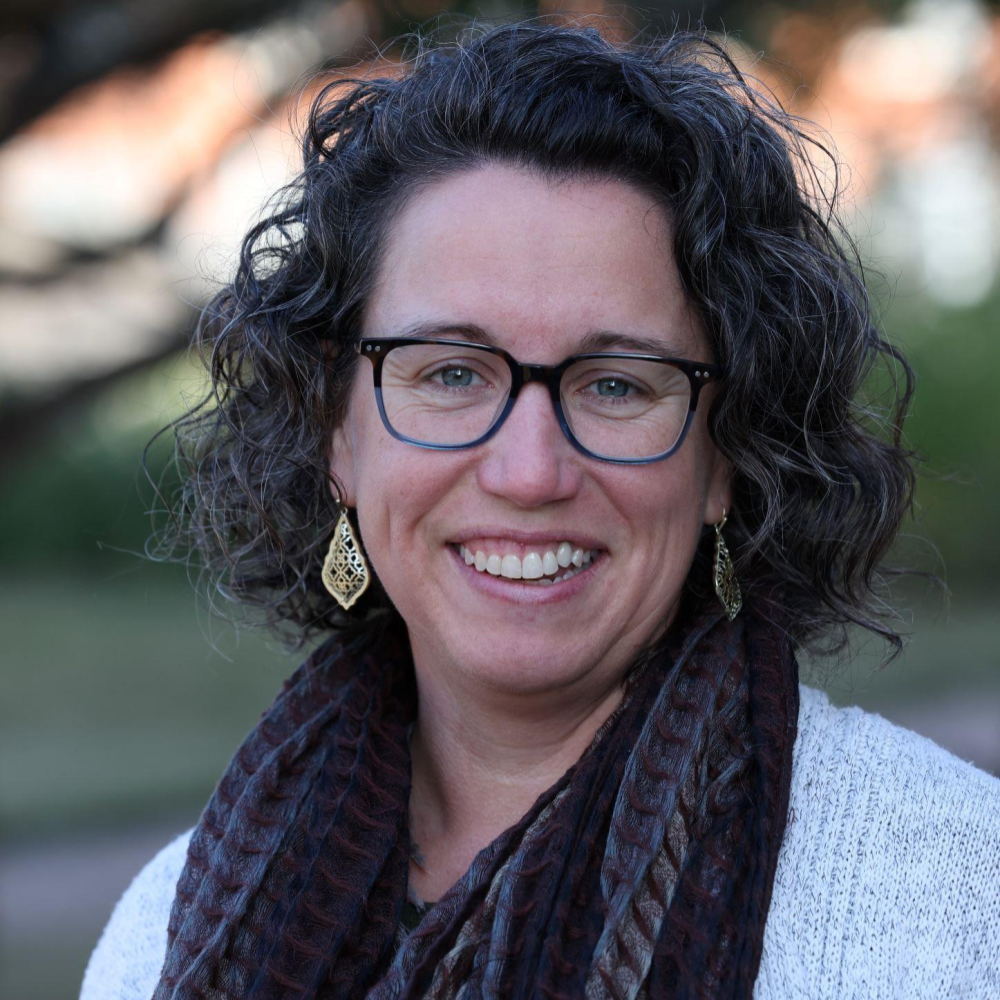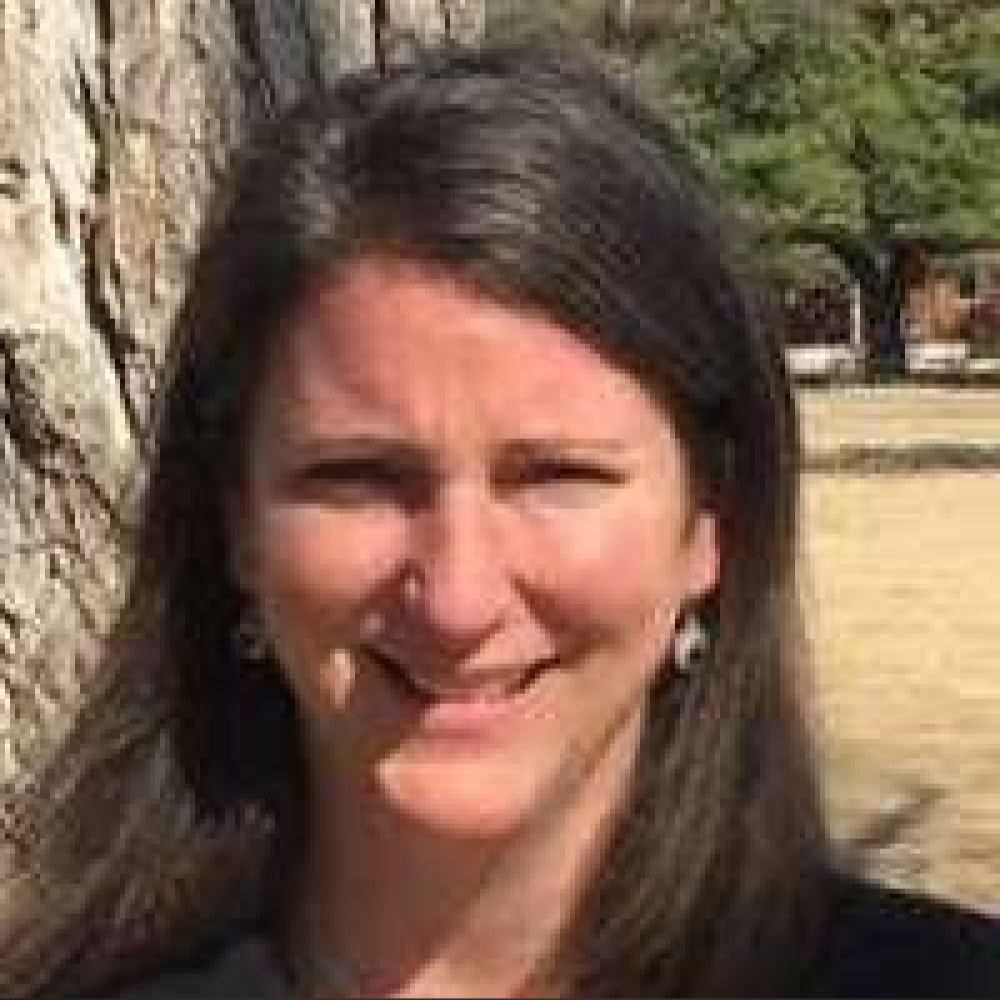
Gamification Across the Curriculum
Abstract:
Faculty spend significant time developing ways to expose students to course content. Although traditional methods are commonly utilized, the presenters aim to go outside the box and demonstrate using games for learning. Utilizing serious games/gamification has demonstrated reduced fear of failure, improved self-reported feelings of competence and improved student engagement. These effects are improved with the intentional integration of learning objectives with gaming elements. Going beyond the simple online game review, presenters will share techniques to manipulate/apply gaming concepts to meet your course/program objectives and how to use gamification to meet various levels of learning (e.g., Bloom’s taxonomies). This lecture will help demonstrate how implementing games can increase critical thinking and the application and integration of knowledge through student participation.
Learning Objectives:
- Identify a learning obstacle in the curriculum or within a specific current course.
- Reflect on how gamification concepts could enhance current teaching strategies.
- Incorporate gamification concepts to meet the learning obstacle.
Level:
Advanced
Domain(s):
Domain 1: Risk Reduction Wellness and Health Literacy
Domain 2: Assessment Evaluation and Diagnosis
Domain 3: Critical Incident Management
Domain 4: Therapeutic Intervention
Domain 5: Health Care Administration and Professional Responsibility
CEUs:
0.75 Category A
Track: Pedagogy
Format: Lecture
In order to earn your CEUs, you must watch the session video in its entirety and complete the assessment.

Matthea Williams, EdD, LAT, ATC
Dr. Matthea Williams currently serves as the Coordinator for Clinical Education and Clinical Associate Professor in the Master of Athletic Training program at Baylor University. Her education background includes a Bachelor of Science in Athletic Training from Gardner-Webb University, a Master of Science in Athletic Training from Indiana State University, and a Doctor of Education in Curriculum and Instruction also from Gardner-Webb University.
She has seven years of clinical practice experience at the collegiate level as both a clinician and preceptor as well as eighteen years of experience in the role of clinical education coordinator at a variety of institutions. In her twelve years at Baylor, she co-created the graduate program and re-envisioned how curricular content can best merge accreditation standards, student needs and industry demands utilizing her background as a clinician, preceptor and knowledge of curricular design.


